- +91-8237715330
- poonamtupe42@gmail.com
- Mon - Sun: 10.30 AM - 09.00 PM Tuesday Closed
Home / Skin Treatment
There are various types of skin treatments available at Dr. Poonam Tupes Skin Clinic. Choose us for skin treatments because of our personalized approach, advanced techniques, and experienced professionals. We prioritize your skin’s unique needs, ensuring effective and safe results. Our latest equipment and high-quality products guarantee a radiant, youthful complexion, making us your trusted partner in skin health.
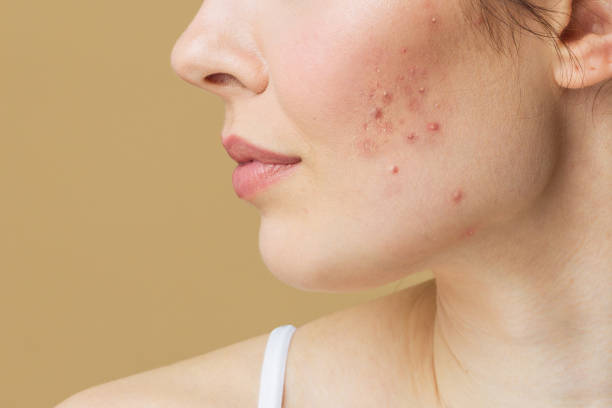
Acne, a common skin condition, can be frustrating and impact self-esteem. Dr. Poonam Tupe understands the complexities of acne and offers personalized treatment plans to address each individual's concerns. Whether you're dealing with stubborn breakouts, cystic acne, or acne scars, Dr. Tupe employs a multifaceted approach that combines medical interventions, topical treatments, and lifestyle modifications. By targeting the root causes of acne, such as excess oil production, bacteria, and inflammation, Dr. Tupe helps patients achieve clearer, healthier skin. With her expertise and dedication, you can bid farewell to acne and embrace a smoother, more radiant complexion.
Acne is a common skin condition that affects people of all ages, but it is most prevalent among teenagers and young adults. Understanding the causes of acne is crucial for effective treatment and management. The primary factors contributing to acne include:
At Dr. Poonam Tupes Skin Clinic, offers a comprehensive approach to acne treatment, customized to the individual needs of each patient. The goal is to reduce sebum production, prevent clogging of hair follicles, eliminate bacteria, and minimize inflammation. Here are the primary treatment options available:
Melasma, characterized by dark, discolored patches on the skin, often presents challenges in treatment. Dr. Poonam Tupe offers specialized solutions for melasma that effectively reduce pigmentation and restore an even skin tone. Through a combination of topical agents, chemical peels, and laser therapy, Dr. Tupe targets melanin production and promotes skin renewal. By customizing treatment plans to suit individual skin types and concerns, Dr. Tupe ensures optimal results while minimizing the risk of side effects. Experience the transformative power of tailored melasma treatments and regain confidence in your complexion.
Melasma is a common skin condition characterized by dark, discolored patches on the skin, often on the face. The exact cause of melasma isn't fully understood, but several factors contribute to its development:
Treating melasma requires a multifaceted approach, combining professional treatments with daily care to manage and reduce hyperpigmentation effectively. Treatments include:
Our customized melasma treatment plans incorporate these approaches to effectively address your skin's needs, providing you with a clearer, more even complexion.


Hyperpigmentation, caused by an overproduction of melanin, can manifest as dark spots, patches, or uneven skin tone. Dr. Poonam Tupe provides comprehensive solutions for hyperpigmentation, addressing underlying factors and rejuvenating the skin. Through advanced pigmentation therapy, including topical treatments and chemical peels, Dr. Tupe fades dark spots and restores skin clarity. By combining medical expertise with cutting-edge technology, Dr. Tupe delivers results that exceed expectations. Rediscover luminous, radiant skin with personalized hyperpigmentation treatments tailored to your unique needs.
Hyperpigmentation is a common skin condition where certain areas of the skin become darker than the surrounding skin due to excess melanin production. Various factors contribute to the development of hyperpigmentation:
Addressing hyperpigmentation involves a combination of preventive measures and active treatments to reduce existing dark spots and prevent new ones from forming. Treatments include:
Fungal infections of the skin, such as ringworm or athlete's foot, require prompt and effective treatment to prevent spreading and discomfort. Dr. Poonam Tupe offers specialized care for fungal infections, employing targeted therapies to eliminate fungi and restore skin health. Through a combination of topical antifungal agents, oral medications, and preventive measures, Dr. Tupe addresses fungal infections comprehensively. With her expertise in infectious diseases, Dr. Tupe provides relief from itching, redness, and inflammation, allowing patients to enjoy healthy, clear skin once again.
Fungal infections are caused by various types of fungi that can affect different parts of the body, including the skin, nails, and hair. Common causes include:
Treating fungal infections involves eliminating the fungal organism and addressing the underlying causes to prevent recurrence. Treatments include:
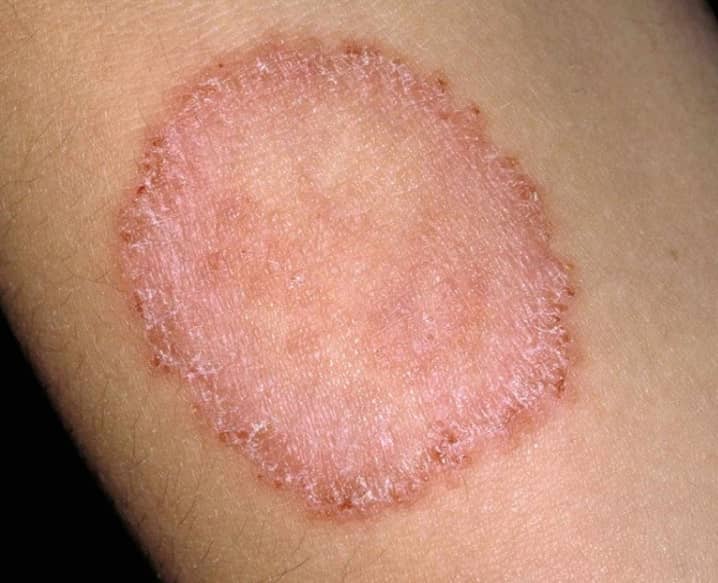
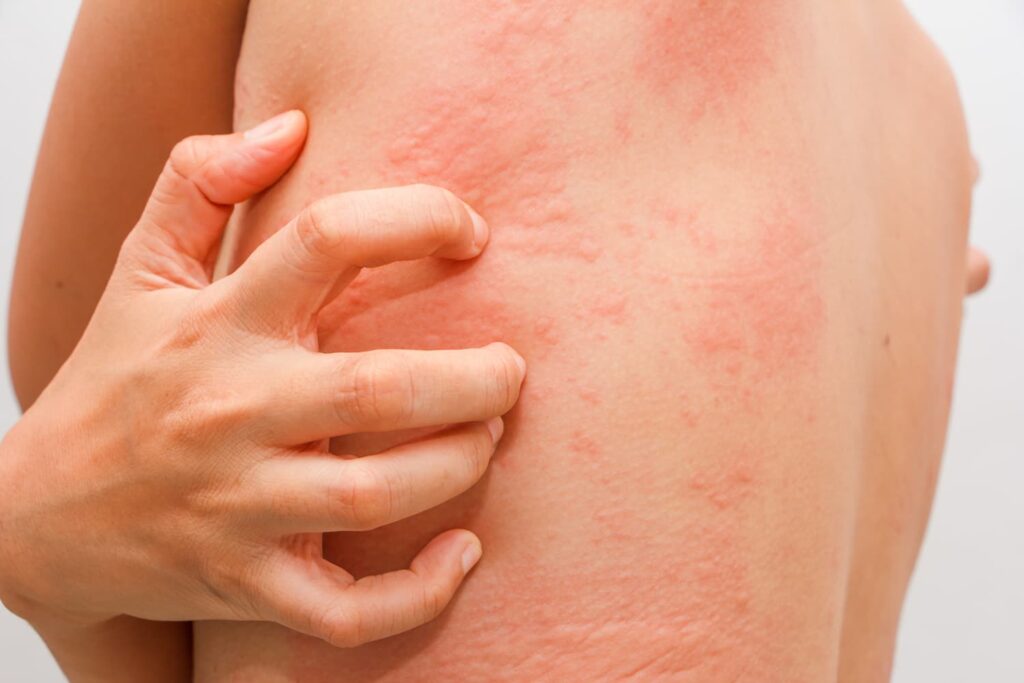
Urticaria, commonly known as hives, can cause itching, swelling, and discomfort, affecting quality of life. Dr. Poonam Tupe understands the impact of urticaria and offers personalized treatment plans to alleviate symptoms and prevent recurrences. By identifying triggers and addressing underlying immune system imbalances, Dr. Tupe helps patients manage urticaria effectively. Through a combination of antihistamines, topical treatments, and lifestyle modifications, Dr. Tupe provides relief from itching and swelling, restoring comfort and confidence. Experience personalized care and lasting relief from urticaria with Dr. Tupe's expertise and dedication.
Urticaria, commonly known as hives, is a skin condition characterized by red, itchy welts that can appear anywhere on the body. The causes of urticaria can be diverse and are often related to allergic reactions, but they can also be non-allergic. Key causes include:
Treating urticaria involves managing symptoms, identifying and avoiding triggers, and addressing underlying causes when possible. Treatment approaches include:
Eczema, a chronic inflammatory skin condition, can cause itching, redness, and dryness, impacting daily life. Dr. Poonam Tupe offers compassionate care and effective treatments for eczema, tailored to each patient's unique needs. Through a combination of gentle skincare, topical corticosteroids, and moisturizers, Dr. Tupe helps soothe inflammation and restore skin barrier function. By addressing triggers such as allergens and stress, Dr. Tupe empowers patients to manage eczema and enjoy improved skin health. Dr. Tupe provides relief and support to those living with eczema.
Eczema, also known as atopic dermatitis, is a chronic skin condition characterized by dry, itchy, and inflamed skin. Its exact cause is not fully understood, but it is believed to result from a combination of genetic and environmental factors:
Effective management of eczema involves a combination of treatments to reduce symptoms, prevent flare-ups, and improve the skin barrier. Treatments include:
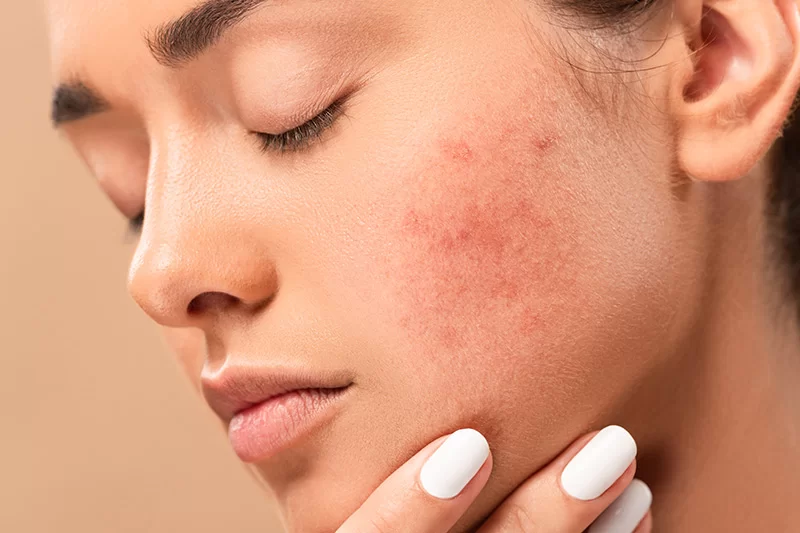
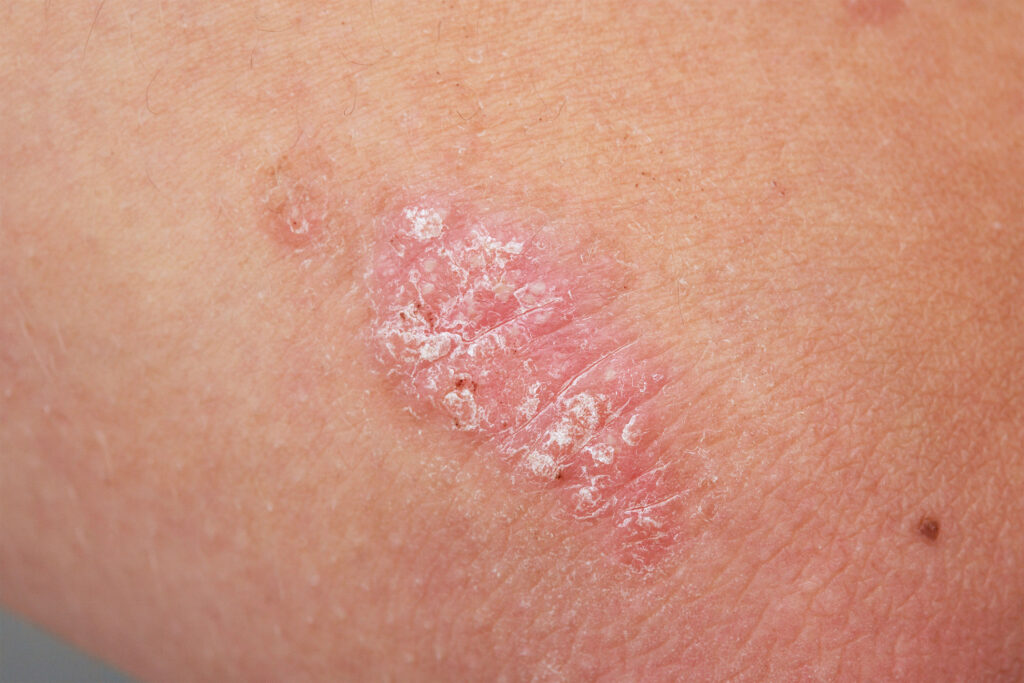
Psoriasis, characterized by red, scaly patches on the skin, requires specialized treatment to manage symptoms and prevent flare-ups. Dr. Poonam Tupe offers comprehensive care for psoriasis, utilizing advanced therapies to control inflammation and promote skin healing. Through a combination of topical treatments, phototherapy, and systemic medications, Dr. Tupe helps patients achieve clearer, more comfortable skin. By addressing triggers such as stress and lifestyle factors, Dr. Tupe empowers patients to take control of their psoriasis and enjoy improved quality of life. Experience personalized care and effective treatment for psoriasis with Dr. Tupe's expertise and compassion.
Psoriasis is a chronic autoimmune skin condition characterized by the rapid overproduction of skin cells, leading to thick, scaly patches. The exact cause of psoriasis is not fully understood, but several factors contribute to its development:
Effective management of psoriasis involves reducing inflammation, slowing down the rapid skin cell production, and addressing underlying triggers. Treatment approaches include:
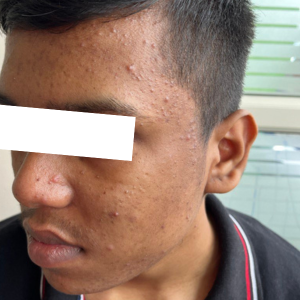







WhatsApp us